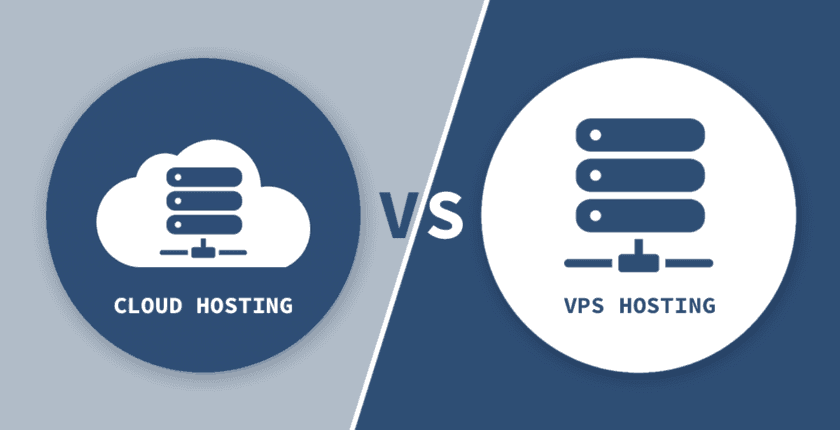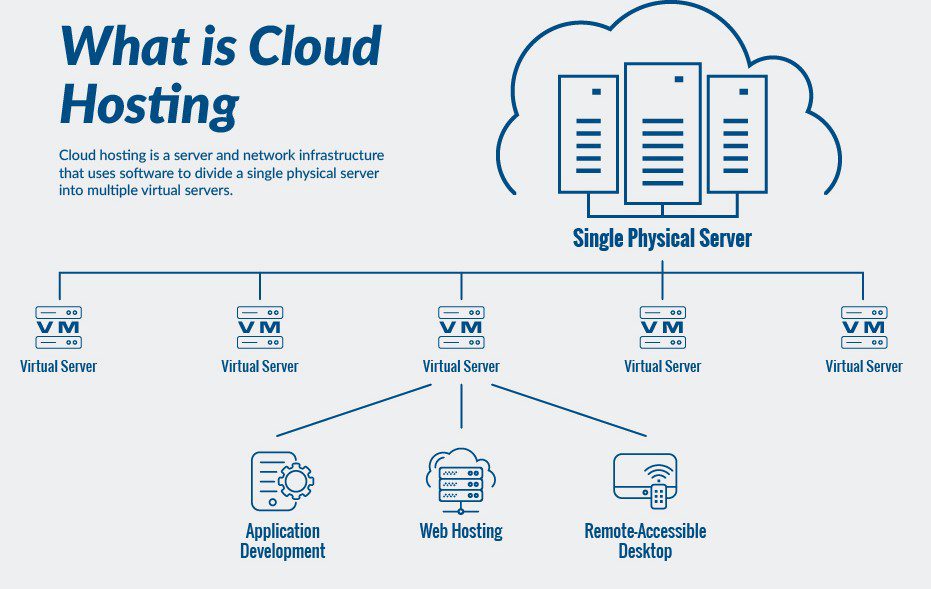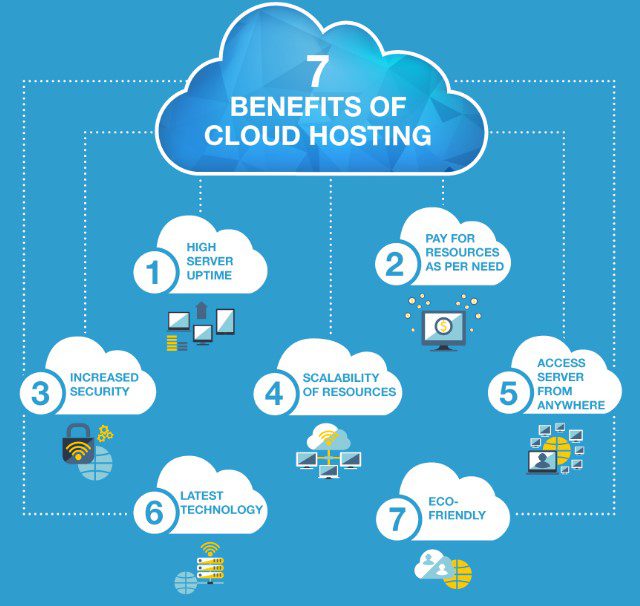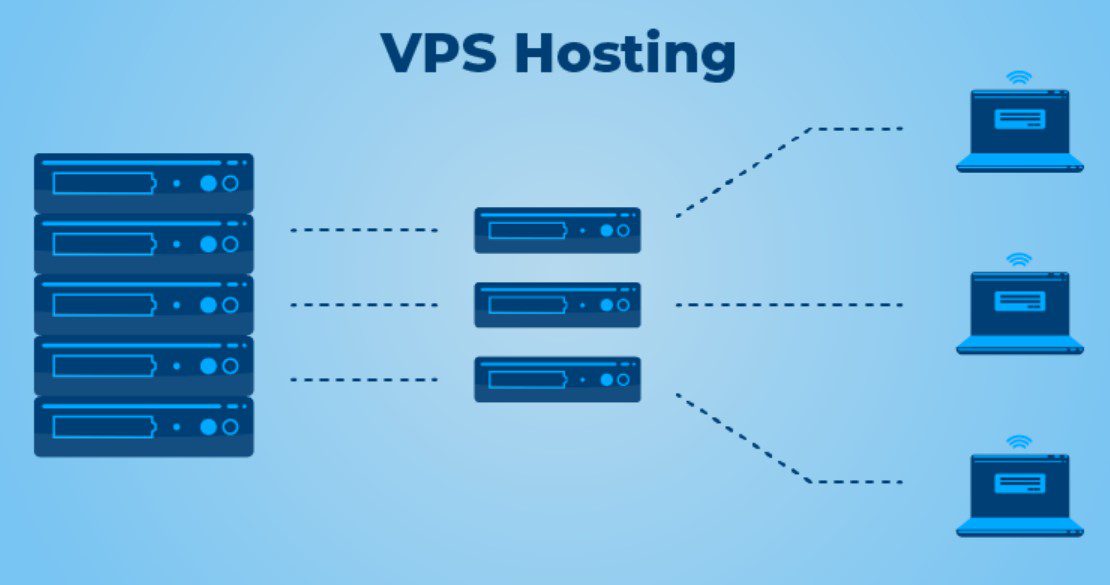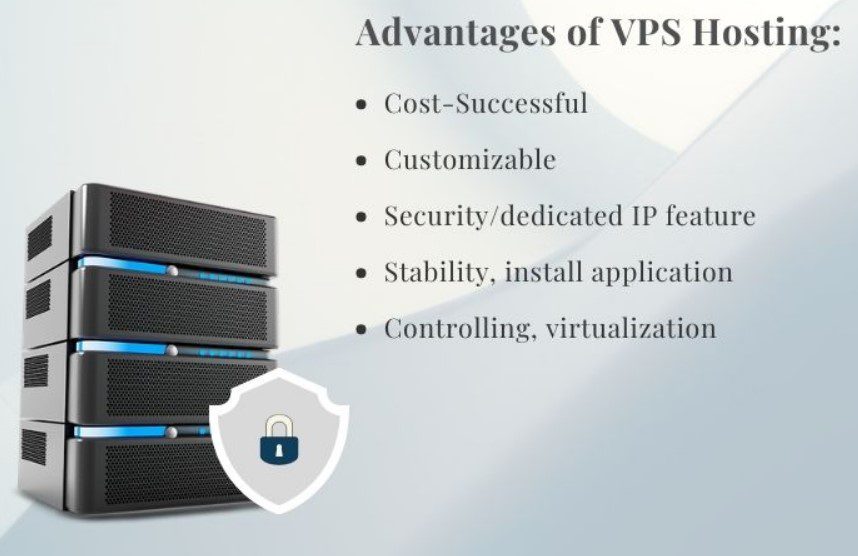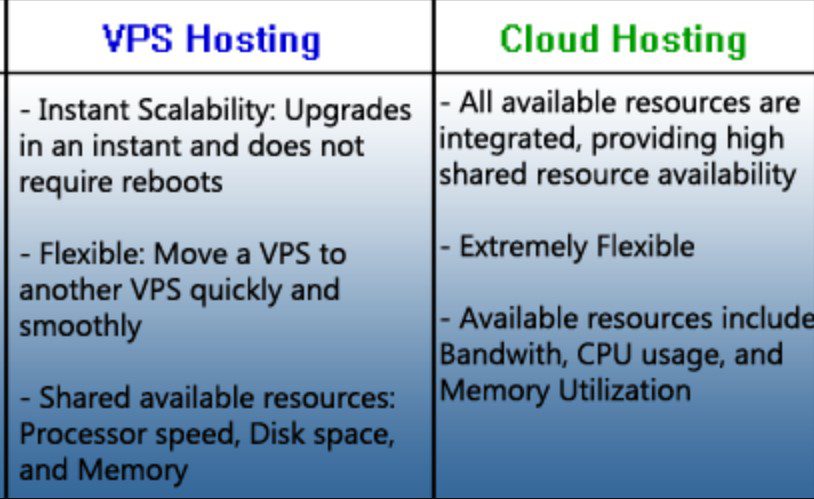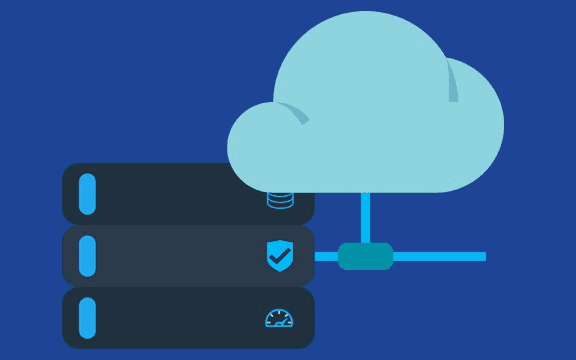Cloud Hosting Vs VPS Hosting: Which One You Should Choose and Why?
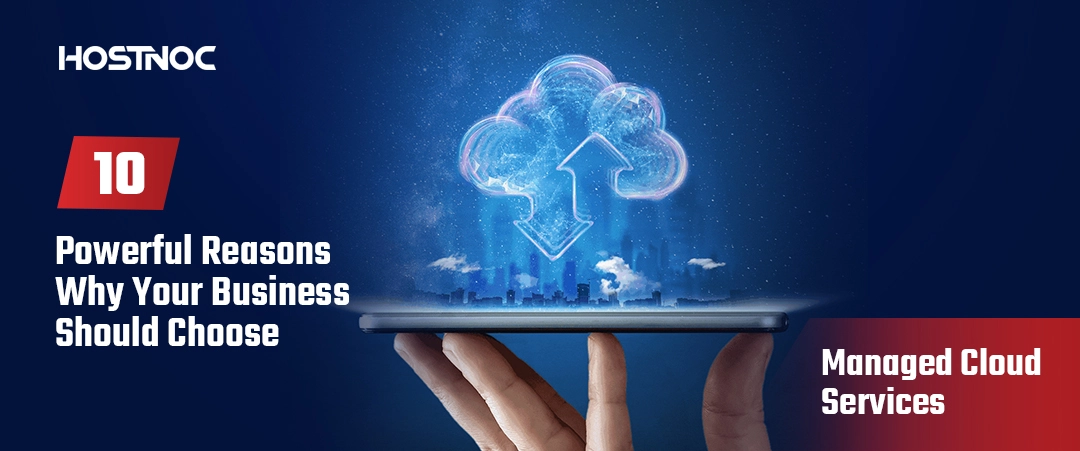
10 Powerful Reasons Why Your Business Should Choose Managed Cloud Services
July 8, 2020
Interview With Database Specialist And Product Advocate of Redgate Software: Grant Fritchey
July 28, 2020Selecting a web hosting option was not as difficult before as it is today. Previously, we only had to choose between shared and dedicated hosting. Fast forward to today and there are many different types of web hosting including cloud hosting, VPS hosting, reseller hosting, WordPress hosting and more. This can create a lot of confusion in the minds of website owners as they don’t know about the pros and cons as well as the differences between these options.
This makes it extremely difficult for them to decide which type of web hosting they should choose for their website. If you are dealing with similar issues then you are not alone. Are you confused between cloud hosting and VPS hosting? Still on the fence about which type of hosting you should choose for your website? If yes, then you have come to the right place.
In this article, you will learn about the differences between cloud hosting and VPS hosting and which one you should choose for your business and why.
- - Table of Contents
- What is Cloud Hosting?
- Advantages of Cloud Hosting
- Disadvantages of Cloud Hosting
- What is VPS Hosting?
- Advantages of VPS Hosting
- Disadvantages of VPS Hosting
- What are the Differences Between Cloud Hosting and VPS Hosting?
- Which is Better Cloud Hosting or VPS Hosting?
- Cloud Hosting Vs VPS Hosting: Which One You Should Choose?
– Table of Contents
________________________________________
- What is Cloud Hosting?
- Advantages of Cloud Hosting
- Disadvantages of Cloud Hosting
- What is VPS Hosting?
- Advantages of VPS Hosting
- Disadvantages of VPS Hosting
- What are the Differences Between Cloud Hosting and VPS Hosting?
- Which is Better Cloud Hosting or VPS Hosting?
- Cloud Hosting Vs VPS Hosting: Which One You Should Choose?
What is Cloud Hosting?
Cloud hosting is a type of web hosting that leverages virtualization technology and cloud resources to host websites and apps. Instead of using resources from a single server, it breaks down a physical server into multiple virtual machines with the help of virtualization to deliver better reliability and performance.
Advantages of Cloud Hosting
Some of the advantages of cloud hosting are:
- Cost effectiveness
- Scalability
- Higher uptime
- Flexibility
- Accessibility
- Security
- Ease of implementation
Disadvantages of Cloud Hosting
- Bandwidth issues
- Downtime
- Limited control
- Privacy
- Vulnerable to cyberattacks
What is VPS Hosting?
VPS stands for virtual private server. VPS hosting is a type of hosting that uses virtualization technology to provide users access to dedicated resources on a server that is shared by multiple users. It splits a physical server into multiple virtual machines and creates slots and compartments for each user.
Advantages of VPS Hosting
Some advantages of VPS hosting are
- Access to dedicated resources
- Performance
- Customization
- Control
- Flexibility
- Scalability
Disadvantages of VPS Hosting
Here are some disadvantages of VPS hosting:
- Expensive
- Complex setup process
- Complicated server management
- Security vulnerabilities
- Restrictions on resource usage
What are the Differences Between Cloud Hosting and VPS Hosting?
There are five major differences between cloud hosting and VPS hosting.
- Price
- Scalability
- Setup Process
- Root accessibility and virtualization
- Hosting Location
VPS hosting costs more than cloud hosting as it can handle resource intensive websites and complex apps more easily. When it comes to scalability, cloud hosting is a clear winner. You can easily scale resources up and down according to your business needs in a cloud hosting environment.
Another area where cloud hosting takes the lead over VPS hosting is during the setup process. Setting up and managing cloud hosting is a breeze while VPS hosting has a sophisticated setup process and is difficult to manage as it requires more technical knowledge.
Even though both cloud hosting and VPS hosting capitalizes on virtualization technology, cloud hosting takes it to a whole new level. In a cloud hosting environment, your data is distributed across a network of servers spread out around the world. Meanwhile, VPS hosting creates a dedicated resource pool through virtualization by splitting a physical server into separate virtual machines.
This gives users access to dedicated resources despite sharing the server with others. VPS is usually hosted on a single physical server while cloud is hosted on a virtual partition which comprises multiple physical servers. This means that you can get better scalability and reliability with hosting as compared to VPS hosting.
Which is Better Cloud Hosting or VPS Hosting?
Cloud hosting is better than VPS hosting when it comes to scalability and resources. Yes, it is also more expensive but delivers better value for your money as compared to VPS hosting. The cloud hosting costs are variable while VPS hosting costs are usually fixed.
Cloud Hosting Vs VPS Hosting: Which One You Should Choose?
It usually depends on your business needs. If you want more scalability and reliability, you should definitely go for cloud hosting. On the other hand, if you want access to dedicated resources at an affordable price, you are better off going with VPS hosting.
Which one would you choose and why? Share it with us in the comments section below.
